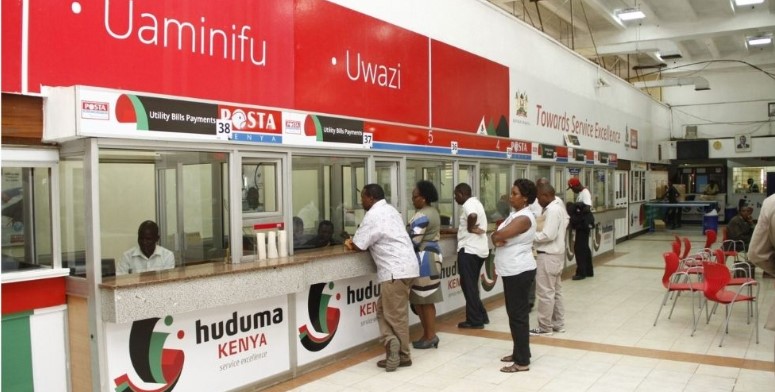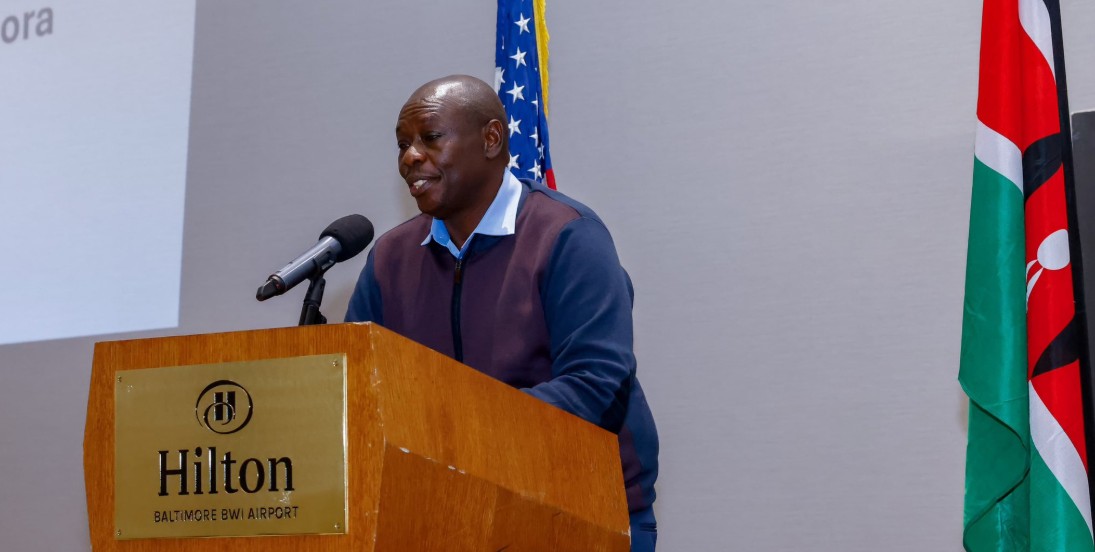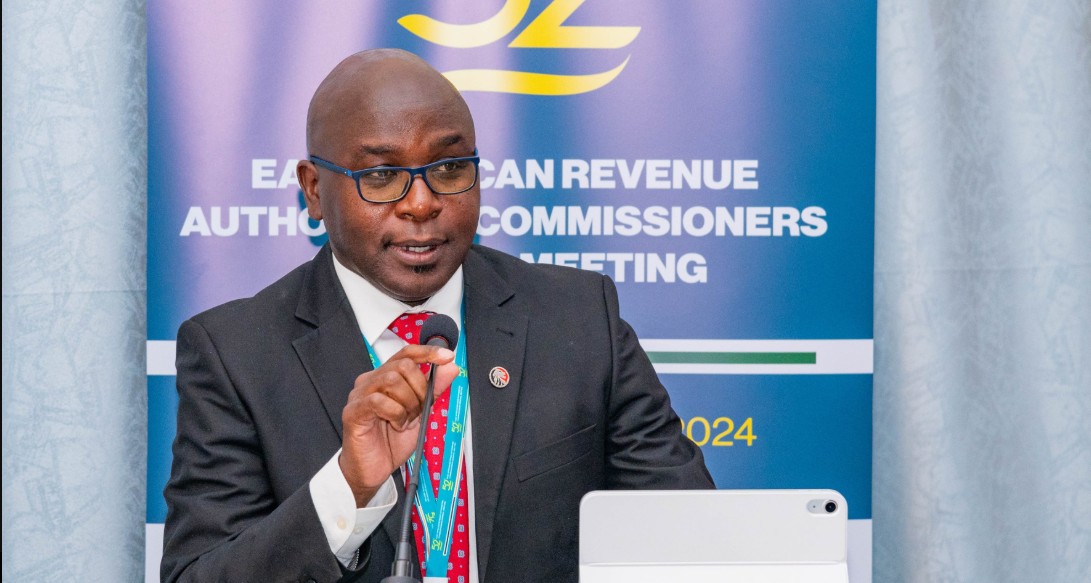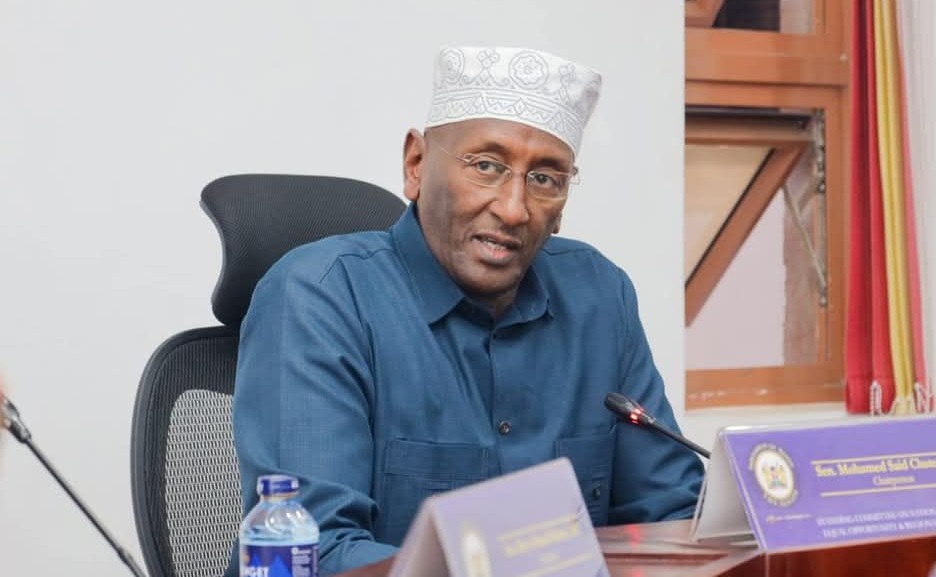Auditor General raises alarm over lack of legal backing in Huduma Kenya operations

The audit also found that the Service Delivery Summit, the oversight body that was supposed to meet at least twice each year, had no evidence of meetings taking place.
Auditor General Nancy Gathungu has raised alarm over the continued operation of the Huduma Kenya Secretariat without any supporting law or policy, more than 10 years after it was set up, putting into question its legal foundation and governance structure.
In the 2023/2024 audit report, the Auditor General said the Huduma Kenya Secretariat, which was introduced in 2014 through Gazette Notice No. 2177, has been running without the legislative or policy backing required under the notice that established the Huduma Kenya Service Delivery Programme.
More To Read
- Auditor-General exposes widespread waste, irregularities in government spending
- Postal Corporation of Kenya on brink of collapse over Sh7.7 billion deficit, Auditor General warns
- Report recommends granting punitive powers to Auditor-General and Controller of Budget
- Public hospital patients may have received untested drugs, Auditor-General reveals
- Sh1.6 billion paid to three unidentified companies prompts probe at Rerec
- Audit flags deep staff shortfall at Kenya School of Government
“In the circumstances, the legality of the Huduma Kenya Secretariat operations could not be confirmed,” reads part of the report.
The audit also found that the Service Delivery Summit, the oversight body that was supposed to meet at least twice each year, had no evidence of meetings taking place.
There were no minutes or documents presented for review to confirm that these sessions ever happened.
Similarly, the Technical Committee, which should be led by the Cabinet Secretary for either Devolution or Interior and include nine Principal Secretaries and the Solicitor General, did not produce the policy and law necessary to support Huduma Kenya’s legal mandate.
Gathungu cautioned that the failure to formalise these structures threatens the validity of Huduma Centres, which are relied on by millions for government services like ID and birth certificate applications, driver’s licenses, KRA PINs, HELB, NHIF, and NSSF access, police clearance, and passport processing.
The report also raised concerns over 23 Huduma Centres that are housed in buildings owned by the Postal Corporation of Kenya (PCK), yet have no official lease agreements in place between the Secretariat and PCK.
As a result, questions have been raised over how rent and utility bills have been managed. The Auditor General noted that PCK has demanded Sh1.66 billion from the government to cover rent and utilities for the centres.
However, a legal opinion from the Attorney General advised PCK to negotiate the amount with the Accounting Officer at the State Department for Public Service. If the two sides fail to reach an agreement, the matter should be referred to the Chief of Staff and Head of Public Service for mediation under Section 68 of the Public Finance Management Act, 2012.
The audit noted that verification of the actual space occupied by Huduma Centres inside PCK premises was still in progress.
“In the circumstances, the legality of the occupation of the Posta premises by Huduma Centres could not be ascertained, and this may affect operations,” Gathungu warned.
The report further pointed out serious issues within the State Department for Public Service itself, including poor succession planning.
Of the 294 employees at the department, 176, making up 60 per cent, are over the age of 45, raising the risk of a high exit rate in the coming years.
The breakdown of the age groups showed 15 per cent of staff fall between 24 and 35 years, 25 per cent between 36 and 44, 34 per cent between 45 and 54, and 26 per cent between 55 and 64 years.
“This indicates poor succession planning… Effectiveness of internal controls relating to Human Resource Management could not be confirmed,” the report said.
The department was also found to be operating without an IT Strategy Committee and IT Steering Committee, despite requirements under Section 6.2 of the IT Governance Standard by the ICT Authority.
The absence of these structures leaves it exposed to risks relating to information security and a lack of accountability over ICT systems.
A review of the payroll also uncovered that nine staff members had salary deductions exceeding one-third of their basic pay, breaching Section 19(3) of the Employment Act, 2007.
“In the circumstances, Management was in breach of the law,” the Auditor noted.
Ethnic imbalance was another issue flagged in the report.
Out of the 294 staff in the department, 117 or 40 per cent belong to the same ethnic group. Among those in senior positions (Job Group P–U), 34 per cent are also from the same community, which violates Section 7 (2) of the National Cohesion and Integration Act, 2008, that requires diversity and limits any one ethnic group to not more than a third of the workforce in a public institution.
“In the circumstances, Management was in breach of the law,” the report states again.
Overall, the Auditor General’s findings raise deep concerns about the legal status, financial management, governance, and inclusivity of both Huduma Kenya and the State Department for Public Service.
The report calls for urgent attention to correct the legal and administrative gaps affecting service delivery.
Top Stories Today
Reader Comments
Trending













































